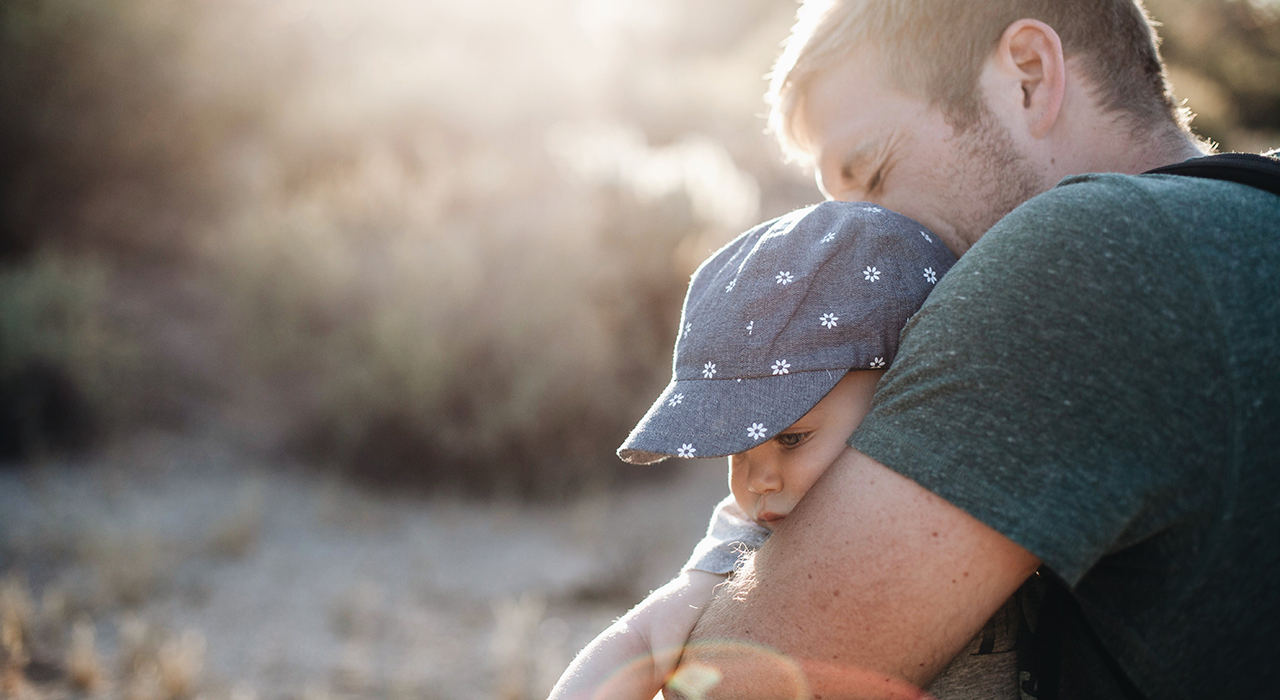In this article our ambassador Maggie Dent shares her guidelines and 8 best tips for teaching mindfulness to children in the home.
In my childhood I was marinated in nature. As a farmer’s daughter I spent hours with my siblings exploring the natural landscape, the bush, paddocks, creeks, dams, rivers and rocky hills.
![]()
This deep and profound immersion has given me a strong connection to Mother Earth that still nurtures me today as I journey through my 60s.
In fact, when I took up meditation as an adult I was surprised that the wonderful world of my childhood was exactly like the place I found in my meditations. I again felt free of problems, light and connected to the strong sense of the sacred that I had known in nature all those years ago.
When I began teaching 40 years ago I took my intuitive sense of valuing quietness, stillness and being grounded into my classrooms.
Little did I know that I was practising mindfulness and when I became a parent I followed the same pathway of teaching mindfulness to my children, purposefully creating mindfulness moments at home. As a mother to four boisterous, active boys this was easier said than done.
Reasons to begin teaching mindfulness to children
Mindfulness is a core skill for building resilience in children, and research shows us that foundational resilience skills are more effectively developed when children are being supported by parents or caregivers.
Before I explore the ways families can create more calmness in the home through the practice of mindfulness let’s first explore the things many families are struggling with that cause stress:
- Insufficient or poor sleep
- Poor diet
- Overstimulation, especially from screens
- Over anxious, stressed parents
- The ‘push down’ of formalised learning into the early years – too much too soon
- Unrealistic, inappropriate expectations on children
- Over-scheduled childhoods
- Lack of movement
- Less time spent in nature
- Chaotic home environments with lack of structure, routines
- Lack of emotional and physical nurturing
- Overload of information for parents creating confusion and uncertainty
- Economic stress on families.
Now I will guide you through the top 8 ways you can begin introducing, teaching and most importantly role modelling mindfulness to your children.
8 tips for teaching mindfulness to children
1. Purposefully create time for calm in your children's lives
The calmer our homes and classrooms, the better our children cope, and the happier and healthier they are.
Essentially we need to create feel-good brain chemicals to override chemicals linked to stress — simple!
When children feel safe and loved they will have good levels of serotonin. Safe touch, good food, fun times with family, and being acknowledged and encouraged by your parents all create serotonin.
Serotonin could almost be called the most powerful antidepressant available because it has a calming effect on the nervous system and on children’s moods and behaviours.
We want our children to be able to manage living in this chaotic world and avoid becoming overwhelmed by the speediness and busyness of modern life. One of the best ways to do this is by calming our children’s lives.
Do this by carving out time for mindfulness in their day, perhaps cancel a few things of their schedule to allow for calm. Calm will also be created by following the guideline tips for being mindful and including our children below.
2. Mindfully avoid rushing
Stressed parents who rush everywhere are one of the main sources of stress and anxiety in children. Always plan to leave 20 mins before you need to so when things don’t go to plan (do they ever?) you won’t be under so much pressure.
Use visual reminders (for younger children), lists and rosters (for older children) to help prompt children with things like brushing their teeth, remembering to feed the dog or packing their school bag.
3. Find time to meditate & just breathe
Healthy breathing has always helped to soothe our stressed psyches.
There are many breathing techniques that help restore the calmness response in our bodies. A good and simple one is taking three sighs — and pausing after the third one.
Or take three deep breaths with the outward breath being longer than the inward breath, count to five and do it again. This is a simple technique that you can teach children and adolescents, and it won’t do you any harm either!
Use the Smiling Mind meditation app when beginning this technique as many of the mindfulness for children programs will incorporate breathing into the program.
4. Create mindfulness routines for sleep
Consistent boundaries around sleep are important for everyone.
Sleep deprivation and inconsistent bedtimes impact on learning, mood moderation and behaviour. The brain needs deep sleep to renew cells and grow new neurons for learning.

Good sleep also contributes to better emotional stability and a more agreeable demeanour.
Make sure you have family rules about phones and other devices getting switched off at a reasonable hour and kept out of bedrooms, especially for teens.
To help your quiet your child's mind, play them a bedtime meditation each night. Calming their minds in this way will greatly increase their chances of falling off to sleep much more quickly and soundly.
5. Slow everything down to role model mindfulness to children
Try walking slower, talking slower and being more mindful or present in your day-to-day life.
Also ask what you can take out of your life so that you can be a calmer parent, especially in the early years — avoid wearing too many hats when your children are young.
Ask the same of your children’s lives if they have a lot of activities.
Teaching mindfulness to children may simply be a case of role modelling the type of mindful person you'd like to see them become. Understanding and teaching yourself mindfulness first should be a priority.
6. Be comfortable with quiet mindful moments
Homes that consciously create calm and quiet times are building enormous support structures that will help children feel safe, allow them to enjoy their own quiet company and lower stress levels within their growing bodies.
Have regular times in your house where noise is consciously turned down and everything is switched off and everyone in the family takes time out to just ‘be’ instead of doing all the time.
7. Soothe children more to foster mindfulness
Especially when your children are little, really focus on soothing and comforting them quickly, especially through safe touch and low soothing sounds.
As they get older, reassure children they are valued, safe, and that mistakes and accidents are normal. Moments of close intimacy are some of the most magical mindfulness moments ever.
8. Go outside in nature to encourage mindfulness
Spending time in nature has enormous benefits for us all. Make sure you and your family frequently spend time outdoors, whether it’s picnicking on the back lawn, walking on the beach or visiting a park.
![]()
Nature has a restorative quality that can trigger mindfulness in children without any effort.
I have been using meditation and in particular positive creative visualisation in my work since the late 1990s and it’s an incredible tool to help people to build new belief systems in the unconscious mind— and to quiet the inner critic. We have an epidemic of anxiety and depression in our chaotic, modern world, and I am so heartened that Smiling Mind exists to make mindfulness and teaching mindfulness to children accessible to everyone. This is simple, but powerful stuff.
About Maggie.

Commonly known as Australia’s ‘queen of common sense’, Maggie Dent is an author, educator, and parenting and resilience specialist with a particular interest in the early years and adolescence.

.jpg)








.jpg)




